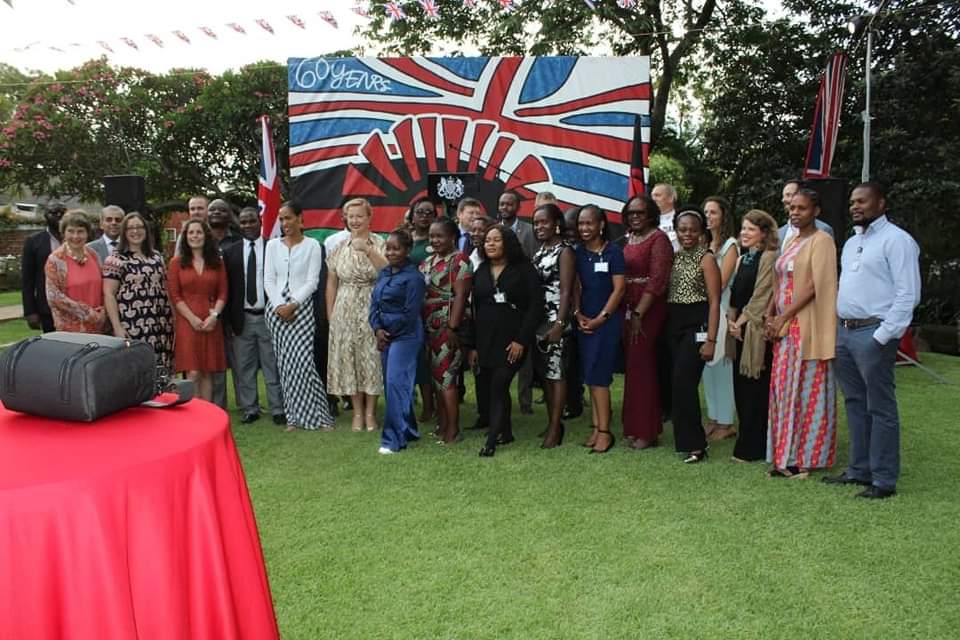Controversial marriage halted after viral video prompts intervention by Islamic authorities in Nigeria’s conservative northern city.
By Burnett Munthali
Sharia-enforcing police in Nigeria’s northern city of Kano have cancelled the wedding of two popular TikTok celebrities that had been ordered by a court following a viral social media video.
According to officials, the decision to call off the wedding was made by the Hisbah Board, the Islamic morality police responsible for enforcing Sharia law in Kano State.
The wedding had gained significant public attention after a video involving the two TikTok personalities spread widely online, prompting a local court to rule that they should marry.
However, the Hisbah authorities intervened, arguing that such a union could not proceed without following proper Islamic and cultural procedures.
An official who spoke to AFP on Sunday confirmed that the Hisbah Board had stepped in to ensure the sanctity of Islamic traditions was upheld.
The decision reflects the strong influence of Sharia law in Kano, one of Nigeria’s most religiously conservative northern states, where moral policing is often used to regulate social behavior and enforce Islamic norms.
The case has sparked widespread debate across Nigeria’s social media platforms, with many people questioning the legality and fairness of forcing or cancelling marriages based on public opinion or viral content.
Supporters of the Hisbah Board have defended the move, saying it was necessary to prevent what they described as “mockery of the sanctity of marriage” in Islam.
Critics, however, view the intervention as another example of overreach by religious authorities into private lives, especially given that social media and entertainment have become key outlets for self-expression among Nigerian youth.
Kano’s Hisbah police have a long history of controversial actions, including arrests for “indecent dressing,” public affection, or behaviors deemed un-Islamic under local religious laws.
The incident underscores the ongoing cultural tension between traditional Islamic governance and modern social media-driven lifestyles in northern Nigeria.
As debates continue, the fate of the two TikTok stars remains uncertain, but their case has once again highlighted the delicate balance between faith, freedom, and modernity in a region where religion still strongly shapes daily life.




